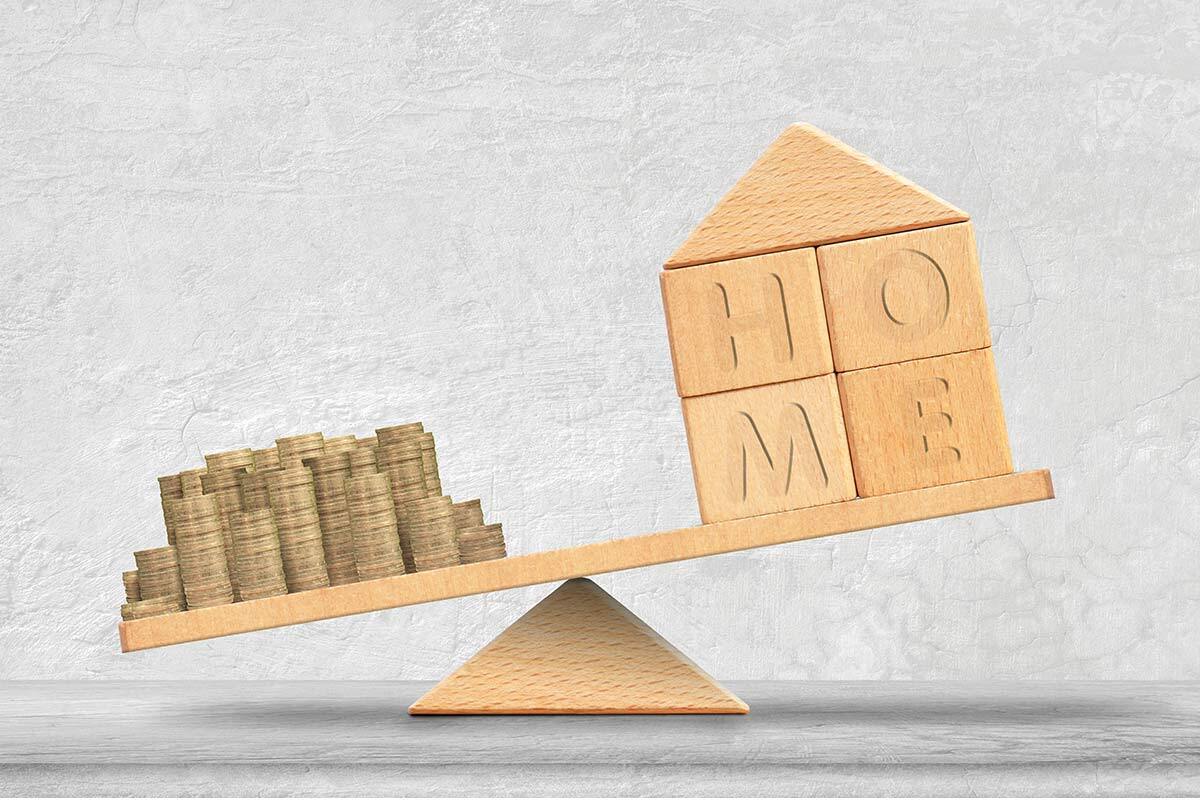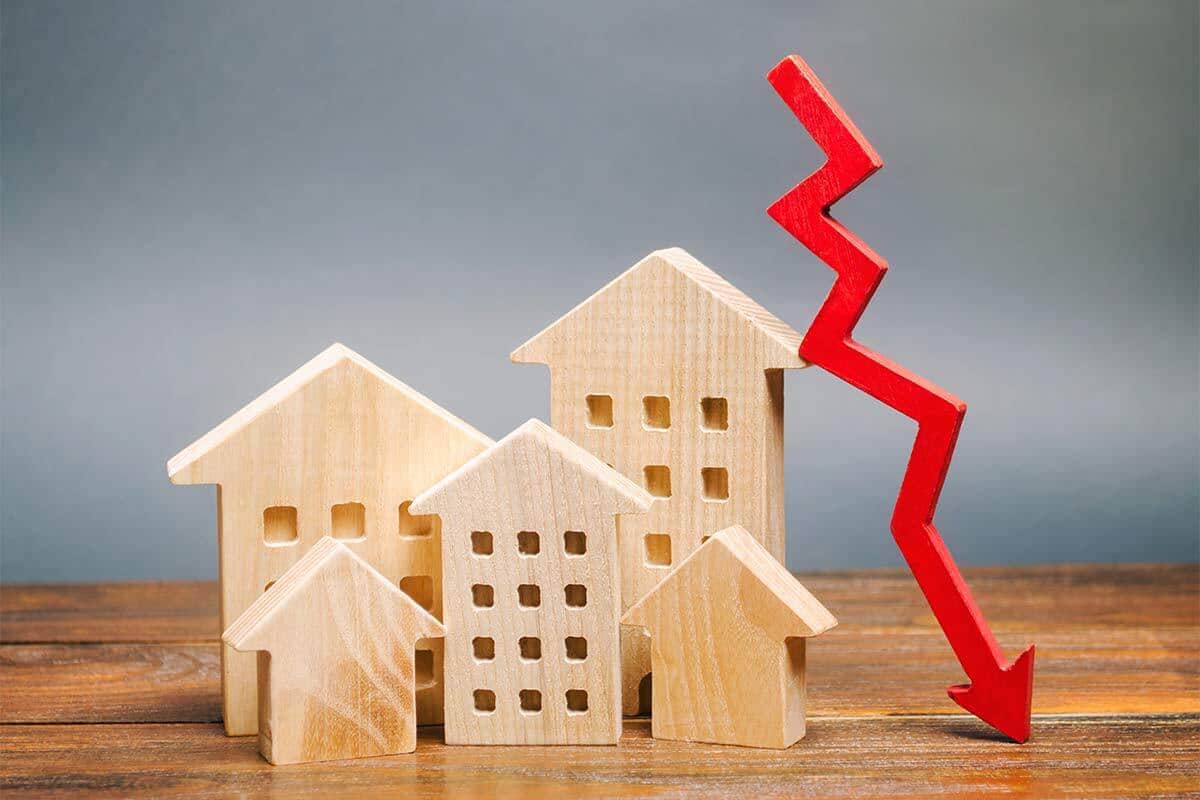Using a Home Equity Loan for Debt Consolidation may not occur to a homeowner immediately when experiencing finance troubles. COVID-19 has been tough on the finances of a lot of Canadians. COVID-19 arrived in North America with little warning. One week all the shops were open, the next week, businesses were ordered to shut down.
If you were a small business owner with a brick-and-mortar shop or someone who works in the hospitality or travel industry, you almost certainly felt the effects of COVID-19. Unless you had emergency savings, you probably had to rely on debt to get by.
The Coronavirus has left a lot of Canadians with debt, especially high-interest credit card debt. Once you’re back on your feet financially, you’ll want to get your debt situation under control. That’s when it can make sense to consolidate your debt.
Debt Consolidation
Debt consolidation makes the most sense if you’re having trouble making your full monthly payments on time. With a loan for debt consolidation, you can consolidate or combine your high-interest unsecured debt – car loans, credit cards, student loans, personal loans, and personal lines of credit – into one monthly payment at a lower overall interest rate. By doing that, you can pay off debt sooner.
Consolidating debts accomplishes three main objectives. You can lower your monthly payments, lower your interest rates, and boost your credit score.
Lower Your Monthly Payments
Revolving credit accounts like credit cards and lines of credit come with affordable minimum payments. While the minimum payments may be affordable, when you make the minimum payments and only pay interest-only payments, it can take you a long time to reach debt freedom and cost you a lot in interest.
If cash flow is an issue for you, debts can lower your monthly payments. This is accomplished in two ways. Usually, the interest rate of the debt consolidation loan is lower than individual outstanding debts. Secondly, you can stretch out the time you have to pay back the debts. This can give some much-needed relief to your cash flow.
Lower Your Interest Rates
Debt consolidation loans almost always have a lower interest rate than the individual debts themselves. Why is that? It’s because an asset, usually real estate, almost always backs debt consolidation loans. This makes debt consolidation loans less risky in the eyes of the lender. You can take one out at a much lower interest rate than you’d otherwise be able to.
Boost Your Credit Score
Has your credit score been affected by the debts you’re carrying? Your credit score can be affected in a couple of ways.
If you’ve missed or been late on some debt payments, that can lower your credit score. The second way having a lot of debt can affect your credit score is that your credit utilization will be high. What’s your credit utilization, you ask?
Your credit utilization is how much of your available credit you’re using. This applies to revolving credit only, where you can borrow up to a preset limit. We’re talking about lines of credit and credit cards.
Generally speaking, if your balance goes above 50 percent of your available credit, your credit score will start to plummet, and this makes perfect sense. When you do that, you’re telling the lender that you’re having difficulty managing the credit you have. A lower credit score makes lenders not want to lend you money, so the cycle continues.
Taking out a consolidation loan helps your credit score twofold. Firstly, when you lower your monthly payment and interest rates, you’re more likely to make your monthly payments. Secondly, by paying off your revolving credit accounts, you can reduce the percentage of your available credit that’s in use, thus, improving your credit score further.
Your newly improved credit score will give you more options with lenders going forward.
What is a Debt Consolidation Loan?
Before we discuss popular ways to consolidate debt, I thought it would be a good idea to discuss what a debt consolidation loan is. A debt consolidation loan that pays off several individual loans, usually at much higher interest rates. When you take out a debt consolidation loan, a lump sum is used to pay off your existing debts. You’ll then be responsible for making one monthly payment from now on.
Now that you understand what a debt consolidation loan is, let’s look at the two most popular ways to consolidate debt: home equity loans and home equity lines of credit. Both of these terms are often used interchangeably. But you’ll soon see they’re both a different type of loan.
Please note that the government lets you borrow up to 80 percent of your home’s appraised value. If your mortgage is already over that amount, you won’t be able to access the equity in your home until you pay down your mortgage or your home increases in value in the future.
Home Equity Loan
A home equity loan is just that, a loan. A loan is more long-term than a line of credit. You agree to make a set payment for an agreed-upon period of time. With a loan, you must make regular monthly payments, compromising of principal and interest.
A home equity loan is often referred to as a second mortgage. It makes a lot of sense with mortgage rates as low as they are today. You could take out a second mortgage, which tends to come with higher interest rates, or if your mortgage allows, set up a second component, which tends to come with a lower mortgage rate.
Home Equity Line of Credit (HELOC)
A HELOC is just like a regular line of credit, except the equity in your home secures it. Unlike a home equity loan, you aren’t required to make principal and interest payments. You can make interest-only payments. Because of that, HELOCs tend to come with higher interest rates.
HELOCs are a lot more flexible because the minimum payments are lower than home equity loans. If cash flow is your main concern, HELOCs make a lot of sense.
Conclusion
Hopefully, you learned a thing or two about using your home equity for debt consolidation. Are you not sure whether to go with a home equity loan or HELOC? Contact our offices today, and we’re happy to help you figure out the best option for you.










